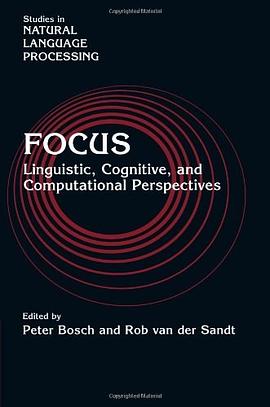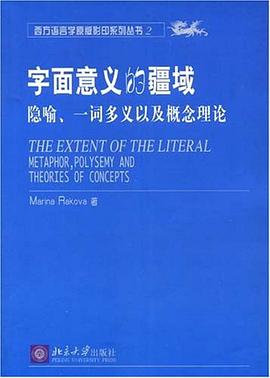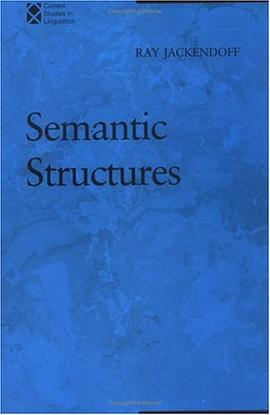

"Multidimensional Semantics of Evaluative Adverbs" provides a multidimensional analysis for the lexical semantics of evaluative adverbs: nonfactive evaluative adverbs trigger a conventional implicature, whereas, factive evaluative adverbs not only trigger a conventional implicature but also a conventional presupposition. This analysis proves to be more advantageous than existing analysis in terms of empirical coverage and explanatory power. With the case of evaluative adverbs, the book demonstrates how secondary meanings (e.g. conventional presuppositions, conventional implicatures) interact with primary meanings (i.e. main assertion, or at-issue content). For the first time, a three-dimensional formal language of conventional implicatures and conventional presuppositions is implemented and applied to derive the right truth conditions of sentences with evaluative adverbs and predict their projection behaviors. With a cross-linguistic perspective (focusing on German, English and Mandarin Chinese) and using corpus- and psycholinguistic methods, the book also offers new perspectives on the syntax/semantics/pragmatics of adverbials. The treatment of the positive polarity of evaluative adverbs as a projection problem is more plausible than previous analyses. The formal treatment of their semantic vagueness (e.g. degree semantics and judge dependency) will shed light on the still ongoing discussion of the semantics-pragmatics interface, or even the syntax-pragmatics interface. As projective meanings and semantic underspecification stay in the center stage of research on semantics and pragamtics, and adverbial syntax/semantics has been an important field of inquiry in generative linguistics, this book will certainly be of great interests to linguists from fields including syntax, semantics, pragmatics, comparative linguistics, and possibly, also philosophers of language.
具體描述
讀後感
用戶評價
相關圖書
本站所有內容均為互聯網搜索引擎提供的公開搜索信息,本站不存儲任何數據與內容,任何內容與數據均與本站無關,如有需要請聯繫相關搜索引擎包括但不限於百度,google,bing,sogou 等
© 2025 onlinetoolsland.com All Rights Reserved. 本本书屋 版权所有




















